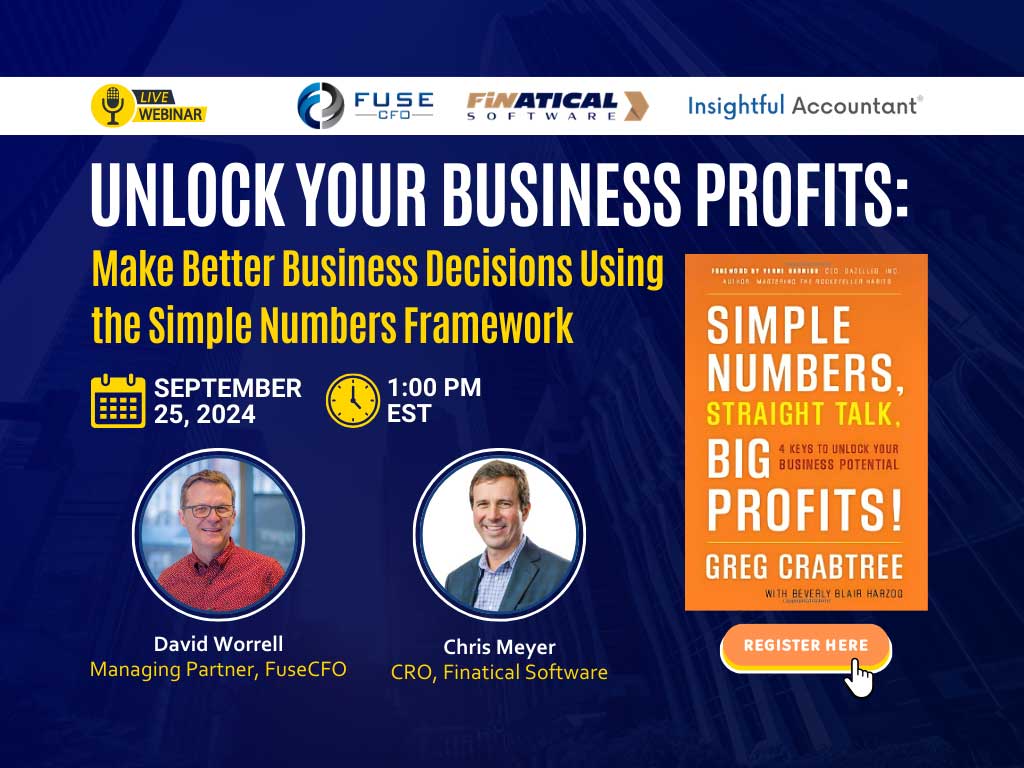
Budgeting for Growth: What Smart Founders Should Be Prioritizing in Their Next Fiscal Plan
Guest Post by: Kelvin Howell
For founders staring down the next fiscal year, the temptation to move fast and break things is always strong. Growth—real, sustainable growth—requires bold bets. But it also demands a clear-eyed view of what’s working, what’s wasteful, and what’s quietly pulling you under. If you’re working with a firm like Fuse CFO, you’re not just chasing bigger numbers; you’re chasing smarter ones, and how your budget will shape that entire trajectory.
Recalibrate the Core Before Adding More
It’s easy to assume budgeting is about finding new places to invest, but the first priority should be reassessing your foundation. That means digging into unit economics, clarifying your cost drivers, and seeing where your assumptions have drifted from reality. You can’t budget for growth if your base is bloated or misaligned with your strategy. The best founders pause here and adjust with surgical precision—cutting fat, not muscle.
Treat Cash Flow Like a Breathing Organism
Revenue projections are great. They also lie. What keeps you alive in the growth phase isn’t theoretical income, it’s cash on hand—how it comes in, how long it sticks around, and where it quietly slips away. Smart founders are rethinking their cash flow assumptions more frequently, almost rhythmically, like they’re tuning an instrument. You’re not forecasting for a static world; you’re navigating a moving tide, and your cash flow should flex accordingly.
Double Down on What Scales, Not What Looks Good
The best budgets don’t just spread money evenly—they channel it toward things that create velocity. That could be a sales playbook that works across multiple reps, or a customer onboarding process that halves churn. What you’re looking for is repeatability with a multiplier effect. Avoid distractions that feel impressive but don’t scale—this is the difference between momentum and motion, and your budget should reflect that every step of the way.
Invest in Customer Intelligence That Pays Off
More and more founders are realizing that sustainable growth isn’t just about bigger ad budgets, it’s about better intelligence. That’s why they’re investing in customer data platforms that can deliver unified, real-time profiles of their audience. With identity service baked in, these tools help marketing teams recognize individuals across channels, target with greater precision, and personalize campaigns that actually convert. g.
Stop Underestimating the Cost of People
This one always sneaks up on founders: you hire for growth, then watch your runway evaporate under bloated headcount and underperforming roles. Compensation isn’t just salaries—it’s onboarding, benefits, management time, and cultural bandwidth. Founders budgeting for growth need to get real about the full cost of every new hire and what metric they’re meant to move. If you can’t tie a role directly to growth, ask why it’s on the roadmap.
Make Room for Strategic Slack
Counterintuitive but true: the fastest-growing companies often budget for unassigned capital. Call it a war chest, call it dry powder, but it’s more than just an emergency fund—it’s optionality. Growth isn’t a straight line, and the founders who win are the ones who can pivot fast when opportunity knocks. If every dollar in your budget is pre-committed, you’re not agile—you’re locked in. Strategic slack is your insurance against rigidity.
Let Data Drive, But Gut-Check the Map
Yes, you need a metrics-driven plan. No, that doesn’t mean outsourcing judgment to spreadsheets. The sharpest founders pair financial data with operational context—meaning they don’t just ask “what does the model say?” but also “what’s actually happening on the ground?” Budgeting for growth means learning when to follow the numbers and when to challenge them. Your instincts aren’t infallible, but neither are your KPIs. Use both.
At its core, budgeting isn’t an administrative task. It’s a growth discipline—a way to translate ambition into action without losing your footing. Founders who treat it as a living process, not a static spreadsheet, give themselves the tools to grow with intention. It’s not just about what you spend, but how clearly your budget reflects your values, your vision, and your willingness to adapt. In a landscape where capital is no longer cheap and competition is only getting sharper, budgeting might just be the most underrated part of your growth story.
Discover how FuseCFO can transform your business with integrated financial solutions that boost profitability and sustainability—visit us today to learn more!


